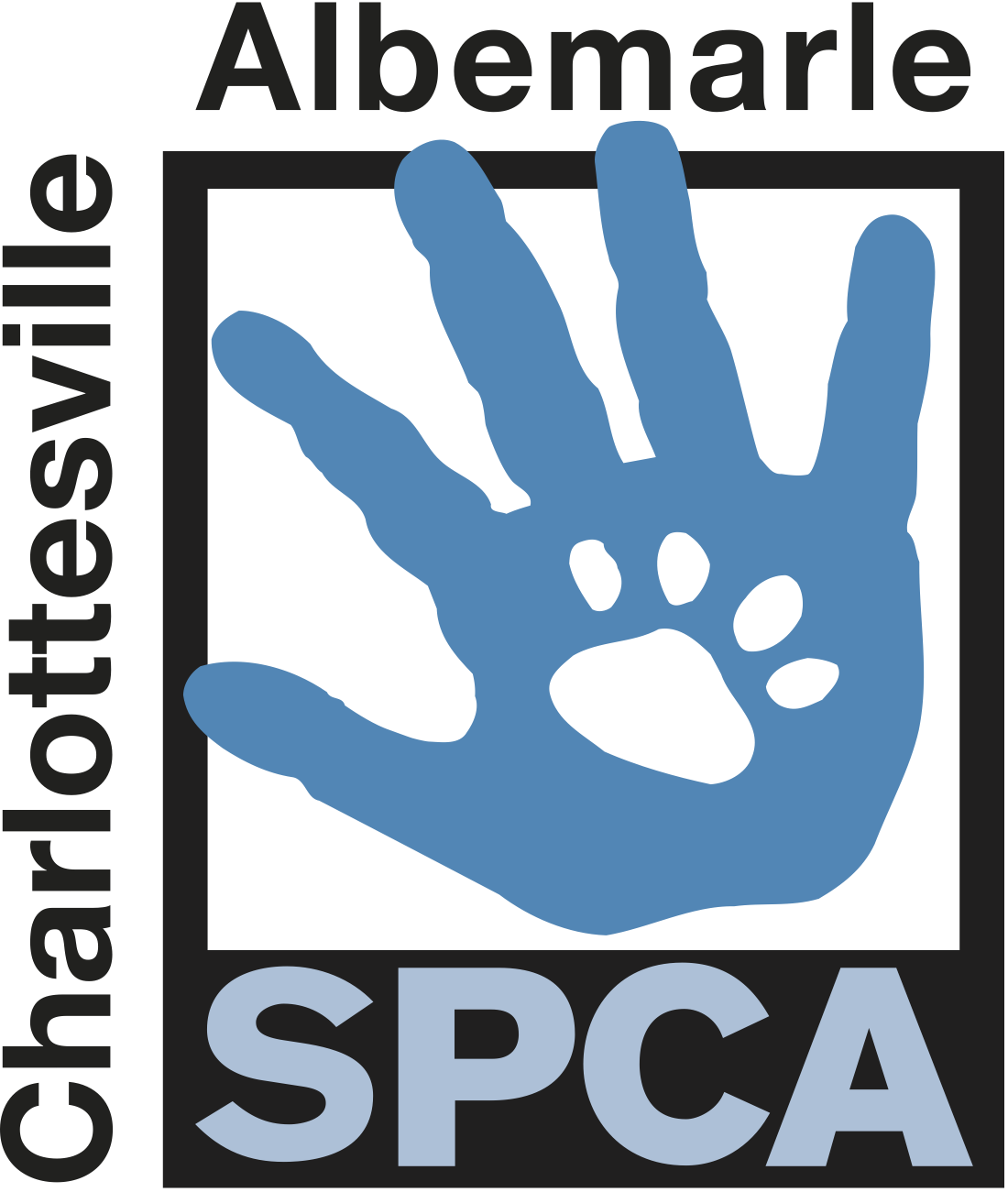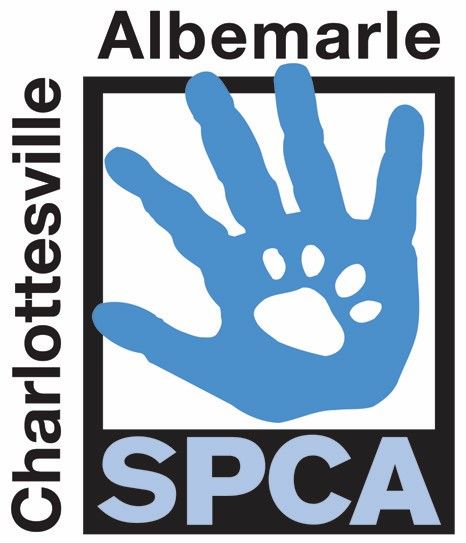Community cat program
We are not accepting TNRs at this time. Please check back for updates.
Community Cats
The Charlottesville-Albemarle SPCA’s Community Cat program was developed with the goal of humanely reducing the overpopulation of outdoor free-roaming cats. This is achieved through Trap-Neuter-Return (TNR), a process where free-roaming cats are humanely trapped and taken to a veterinarian to be spayed or neutered, ear-tipped, and vaccinated. After recovery, the cats are returned to their colony outdoors to continue receiving daily care by their caretakers.
Scientific studies show that TNR improves the lives of community cats, improves their relationships with the people who live near them, and decreases the size of colonies over time.
Since we started the Community Cat program in 2011, stray feline intake has dropped by over 40%, allowing us to increase feline transport and save more lives across the state. The
SPCA provides this service free of charge
to caretakers with cats located in the City of Charlottesville or Albemarle County. Starting in 2024, we are able to offer this service at an affordable cost to caretakers outside of our jurisdiction - see pricing below.
our community cat program Since 2011
Since launching the Community Cat Program in 2011, feline stray intake in the Charlottesville-Albemarle area has decreased by 46%, enabling us to extend our life-saving efforts to more underserved communities.
487
community cats spayed/neutered in 2023.
46%
reduction in feline stray intake since 2011.
Community Cat FAQs
How can I get assistance with trapping or managing my cat colony?
Charlottesville and Albemarle residents: Our Community Cat Manager is available to provide guidance as well as assist in trapping colony cats for veterinary services. To inquire, please fill out this form.
Are TNR services available for community cats living outside of Charlottesville or Albemarle?
Yes! Fees are as follows:
- Sterilization Surgery: $75 – includes post-operative pain medication
- Rabies Vaccine: $10
- FVRCP-C Vaccine: $15
- Ear tipping (required): Free
Where can I get humane capture traps for TNR?
Charlottesville and Albemarle residents: We have humane capture traps available for rent at the SPCA for $5.00 a week plus an $80.00 deposit. The deposit will be refunded to you once the cat is fixed, released and the trap is returned to us. We have a limited number of traps in our trap bank; calling ahead is recommended.
Residents outside of Charlottesville and Albemarle: Please contact the Cat Action Team.
You can also purchase humane capture traps at Tractor Supply and Amazon.
How do I trap a cat for TNR?
How To Trap InstructionsWe offer easy-to-follow instructions on how to successfully trap community cats for surgery.
Can community cats be brought to the clinic in carriers?
No. For the safety of yourself, the cat, and our staff, community cats must arrive in individual humane capture traps.
What does ear tipping look like in cats?

The top 3/8 inch of a cat’s (typically left) ear is removed leaving a straight edge.
Does ear tipping hurt the cat or affect their hearing?
Cat ear-tipping is extremely safe and is performed while the cat is already anesthetized for spay or neuter surgery. There is little or no bleeding involved, and it is not painful to the cat nor will it affect their hearing.
Do community cats have to be ear-tipped during surgery?
Yes, this is a requirement at the SPCA’s veterinary clinic. It alerts people from a distance that a community cat has been spayed or neutered. This saves the cat the stress of being potentially trapped and anesthetized for a second time. An ear tip also allows a caregiver who is setting traps to know this cat has already been sterilized.
What should I do if I find an ear-tipped cat?
A tipped ear indicates that the cat has already been sterilized and vaccinated, so the cat should remain where you found it.
What should I do if I find a friendly stray cat that is not ear-tipped?
View the Lost & Found Pets page on our website for information on helping lost pets.
Does the SPCA provide food or other supplies for caregivers of community cats?
If you need help feeding your pets, please click here to learn more about our Pet Food Pantry.
What if I found kittens on my property?
Check out this article by The Humane Society of the United States on what to do if you find kittens.
Can I TNR kittens?
Kittens must be at least 2 months old and weigh 2 lbs. to be eligible for surgery. Rabies vaccinations cannot be given until kittens are 3-4 months old.
What is the recovery process for community cats after surgery?
The First Night:
- While recovering from anesthesia, cats can’t regulate their body temperatures. Keep the cat in a temperature-controlled area to prevent them from getting too hot or too cold.
- Be sure all traps are equipped with clean bedding. Soiled bedding increases the risk of infection.
- Keep the trap covered with a towel or sheet to reduce stress on the cat.
- Feed a small amount of wet food and offer water once the cat has regained full consciousness. When putting the food and water in the trap, slide the back door of the trap up slowly and only enough to slide the food and water into the trap.
The Next Day:
- Unless specified otherwise, you may release the cat 12-24 hours after surgery as long as they have regained full consciousness.
- Release the cat in the same place the trap was set. Do not be alarmed if the cat hesitates before running out; you may need to walk away from the trap before the cat will exit.
Can community cats be released in a different location from where they were trapped?
Attempts to permanently remove cats from an area always fail because of a natural and scientifically-documented phenomenon known as the vacuum effect. Whenever cats are removed and a food source still exists, new cats move in, or the surviving cats left behind breed to capacity.
Relocation is also ineffective for the same reasons: it puts the vacuum effect into motion. And it endangers cats’ lives and causes them undue stress and suffering.
For more information, please check out this article by Best Friends Animal Society on Relocating Feral Cats: Safety Considerations.
Services Included
- The spay or neuter surgery
- FVRCP+C & Rabies vaccines, (kittens must be at least 3 months old to receive Rabies vaccinations.)
- Post-op pain medications.
- Ear tipping of the cat’s left ear to indicate sterilization.
Procedure
- Community Cats can be dropped off for surgery at the SPCA on the days listed at the top of this page from 7:45am-8:30am, and can be picked up between 4:45-5:45pm.
- No appointment is needed for 1-2 trapped cats; however, calling the clinic ahead of trapping is strongly recommended to verify that spay/neuter surgery has not been cancelled on any given weekday. For colonies of 3 or more cats, call us at (434) 973-5959 ext. 310 to make reservations.
- Due to the unpredictable medical needs of our resident shelter animals, we cannot guarantee same-day surgery for all TNR drop offs. If we are unable to perform your community cat’s procedure the same day as drop off, you will be made aware and given the option to have the patient stay overnight for a $10 boarding fee in order to have surgery performed the next day.
- For the weekly surgery schedule, please call us at (434) 973-5959 ext. 206 or 207. Voicemails for these lines are monitored - please leave a message and we will get back to you as soon as possible.



